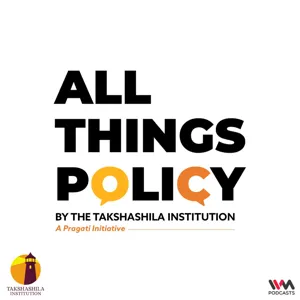Open-Source Software: Unlocking Efficiency and Innovation - Ep 88

What is the impact of open-source software (OSS) on modern software development?
This episode delves into the findings of a recent study commissioned by Open Text and conducted by Forrester called "Unlock Resources With Automated Open-Source Discovery And Intake". Stan and Rob unpack the evolving role of OSS, shedding light on both its opportunities and challenges.
With 70% of organizations reporting that over half of their coding efforts involve OSS, it's evident that OSS plays a pivotal role in accelerating innovation and reducing costs in software development. However, as the hosts discuss, this rapid adoption isn't without its hurdles.
From ensuring security and compliance to navigating through the complexities of OSS licensing, organizations face a myriad of challenges. Stan and Rob examine the ramifications of overlooking security vulnerabilities, compliance standards, and licensing terms, drawing from real-world examples to underscore the importance of diligent management practices.
But amidst the challenges lies a beacon of hope: automation. The hosts explore how automation is revolutionizing the discovery and integration of OSS components, paving the way for more secure and compliant software development processes. From streamlining discovery to prioritizing security early in the development cycle, automation holds the key to enhancing productivity and mitigating risks.
Looking ahead, Stan and Rob speculate on future directions in OSS management, emphasizing the need for collaboration, early detection of security issues, and continued innovation in the space. Whether you're a developer, a legal expert, or a cybersecurity enthusiast, this episode offers valuable insights into the ever-evolving landscape of open source software.
Tune in to gain a deeper understanding of the opportunities and challenges presented by open source software, and discover how organizations can navigate the open source seas with confidence and agility.
Report:
https://www.microfocus.com/en-us/assets/cyberres/automating-open-source-compliance
Debricked Open Source Select - a search engine where you can find, filter for and evaluate open source packages and repositories.
Follow or subscribe to the show on your preferred podcast platform.
Share the show with others in the cybersecurity world.
Get in touch via reimaginingcyber@gmail.com









